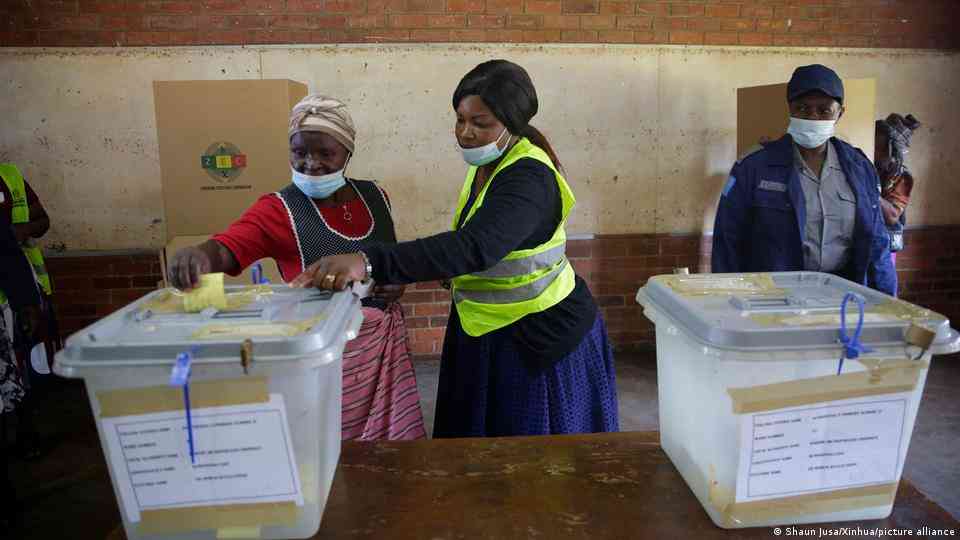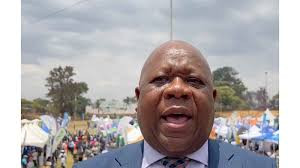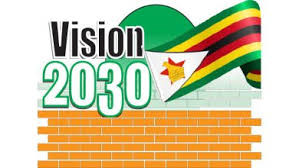
WE all watched the 2023 general elections happen and grave concerns were raised, including by the regional grouping Sadc.
We desired to move on from the polarity of elections and shift conversations towards development priorities, institutional building and national cohesion. For what progressive society can be built absent these?
But the positive mindset and noble intentions of the majority find themselves stretched, again, as we watch — almost helplessly, the effects of what could be a combination of concerning developments within political parties and within institutions of government.
Contested vindictive and Machiavellian recalls of elected representatives have hit our shores once more.
The court challenges have begun.
The Minister of Local Government has declared council vacancies.
The President has proclaimed the parliamentary by-elections be held on December 9, 2023. It’s an all too familiar and demoralising cycle.
It would have made for a thrilling Netflix political drama, but it’s real.
- Mbavara eyes to resurrect Matavire’s music legacy
- Zim exiles panic over SA permits
- Zim exiles panic over SA permits
- Social media platforms should act on hate speech
Keep Reading
Once again, the national mood and psyche are crushed; the positivity and mental capacity for people to deploy their energies towards nation-building are stretched.
Questions are being asked whether there is legality in the recalls, or in the police entering the chambers of Parliament to remove the recalled MPs, or in the Minister of Local Government declaring council vacancies, or in the President issuing a proclamation for parliamentary by-elections.
Yet still, there are deeper political questions: Who is behind the scheming? Who is handling who? Who is taking advantage of what?
These are all important, but I believe the real questions now should target the root of the problem as opposed to the manifesting symptoms, beyond smart legal and political analysis.
The time is nigh to reflect on a national programme of action to overcome dishonourable and low-level politics.
The reality is that laws and institutions are central to democracy, but they are not the most important; these can be breached and manipulated — often with impunity, so long as the national mission, agenda and personality, and the mark we are pressing towards have not been collectively defined and accepted.
Laws and institutions then become tools and means to an end, not the end in themselves.
Otherwise, these could just be facilities for one group to outmanoeuvre another in a theatre of performative democracy and abusive constitutionalism.
I posit that meaningful and useful laws and institutions are those which manifest a spirit of progress and tolerance.
How we calibrate the personality of the Zimbabwean will determine the level and focus of our politics.
It is toxicity and polarity that allows what we are currently witnessing to happen, and many Zimbabweans would want to see toxicity and polarity holding us at ransom gone.
Many realise that these two in their negative energy rob us of the best of each one of our citizens.
It is a moment to dialogue. But we must not allow the few dominant polarising voices across the political spectrum, and within political formations, to be the ultimate influence.
Many in the extreme polls are beneficiaries of the polarity and would want it that way.
It’s time for well-meaning Zimbabweans from all political persuasions and those in the middle, to radiate their superior positive influence and mediate a new politics.
It’s a call to national duty to those tired of polarity and political toxicity. This dishonourable and low-level politics must be fixed!
That SMEs are moving backwards into the informal sector is no secret, why is there an incentive for them to deformalise? Answering this, sets us on a path towards inclusive growth.
We need to rethink how we view SMEs. We need vibrant entrepreneurship policies that appropriately characterise SMEs, support innovative entrepreneurship, foster participation and nourish high growth potential SMEs and Startups, after all SMEs already contribute over 50% to Zimbabwe GDP. Imagine what impact they would have if appropriate support measures were in place, we would really have a functional entrepreneurial ecosystem.
- Dr Musa Kika is a Zimbabwean human rights and constitutional lawyer











